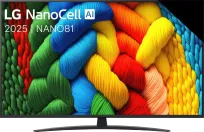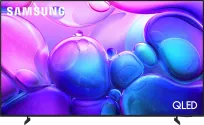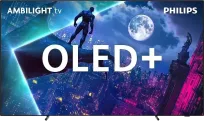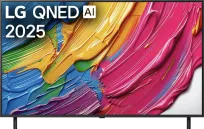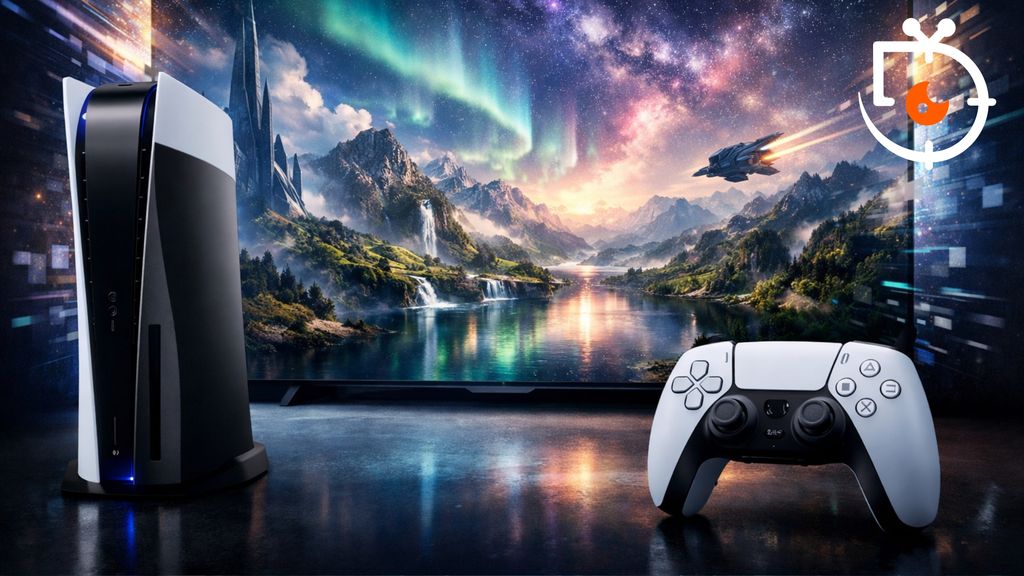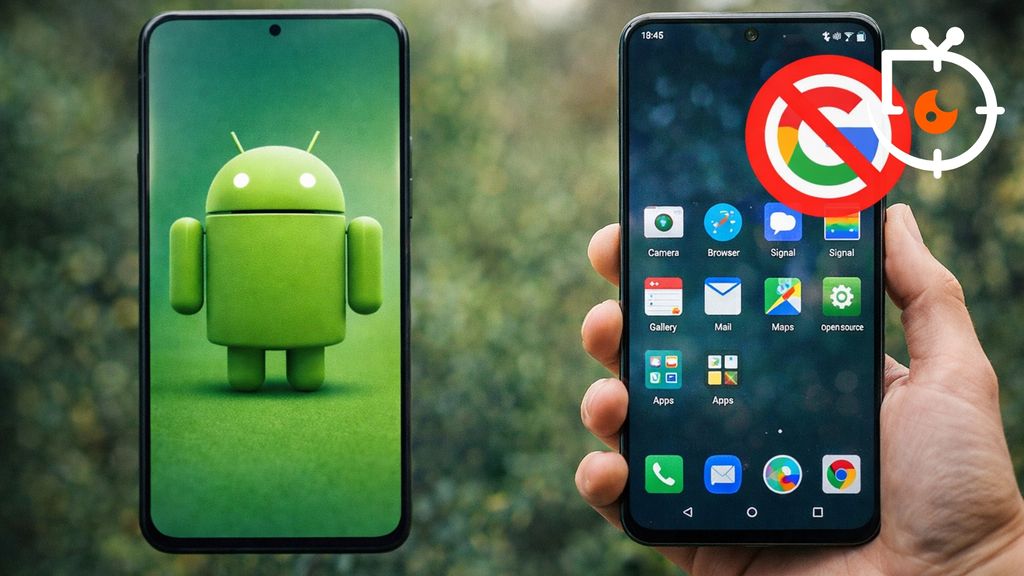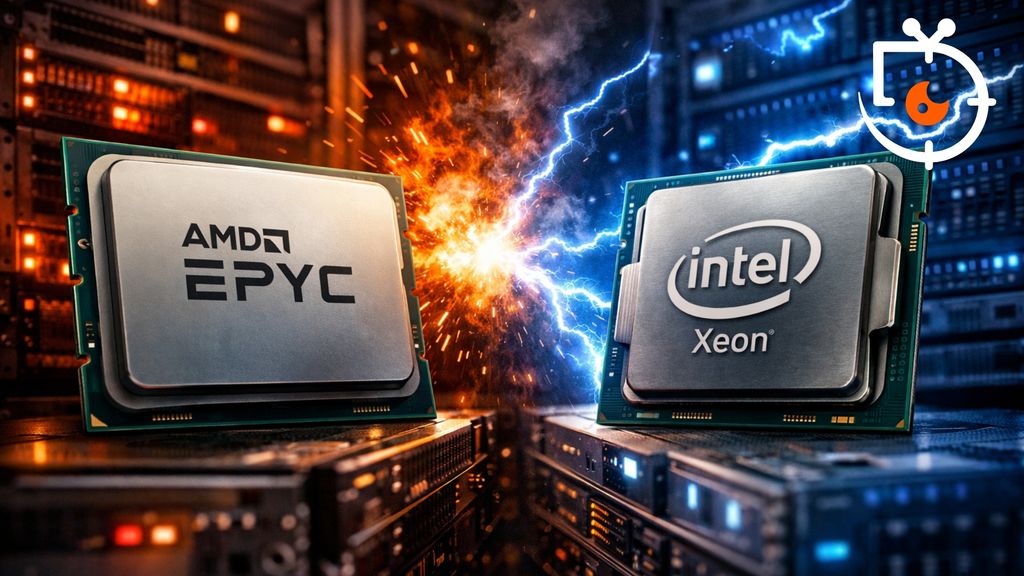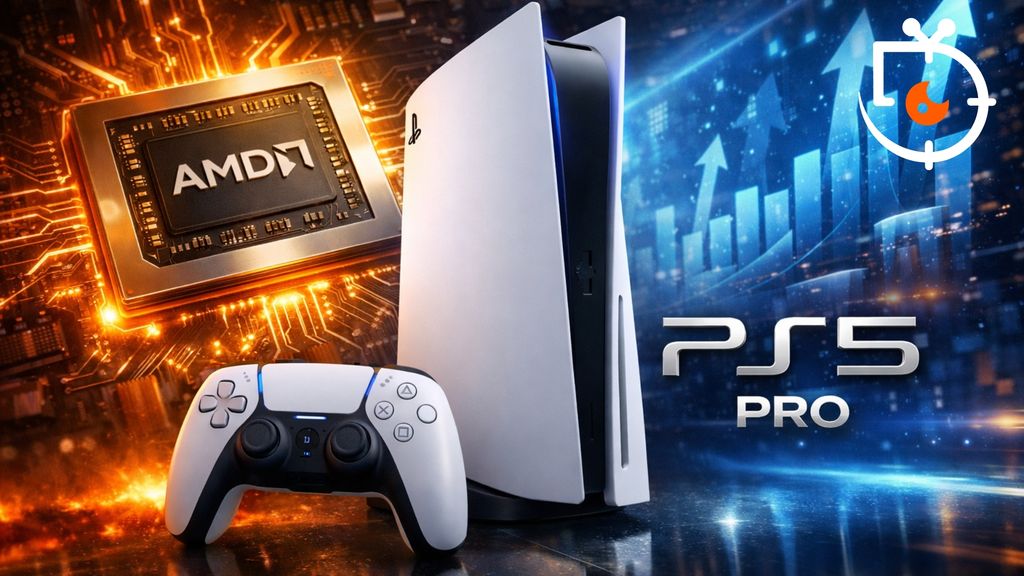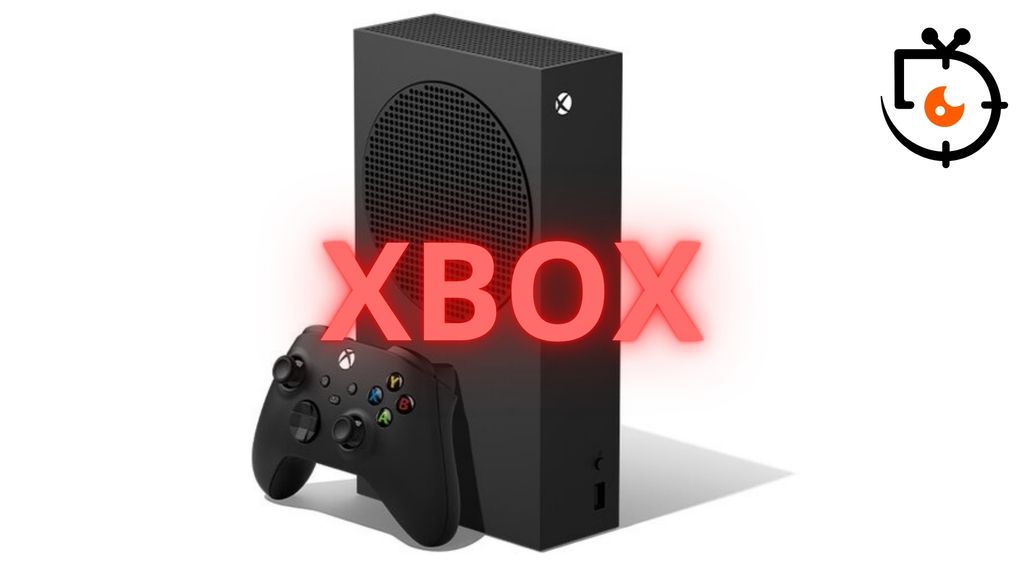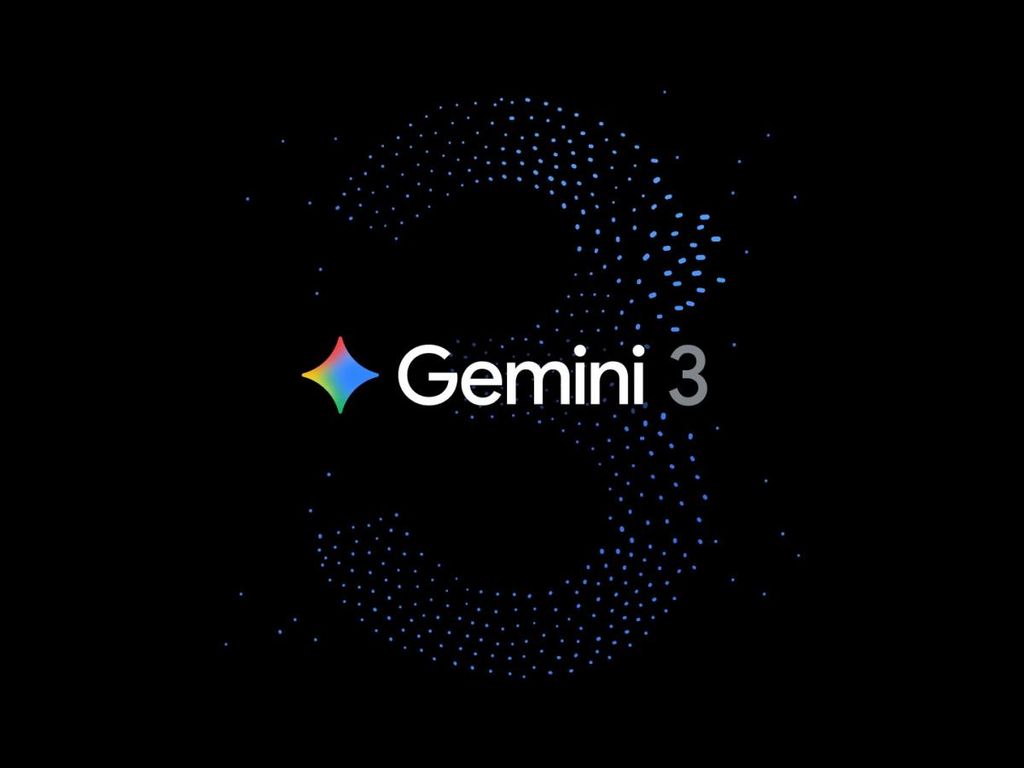
The race in AI has just accelerated, and significantly. Google has finally revealed its cards: here is Gemini 3, the latest language model that is not only meant to compete with ChatGPT but… to change the way we use all of Google’s technology. And most importantly: the giant from Mountain View is no longer trying to catch up with its rivals in the field of "who can write a nicer paragraph." It is focusing on something much bigger — autonomy, agents, and deep integration with systems.
Does it sound like more marketing? For the first time in a long while — not necessarily.
New Era: AI as an Agent, Not a Chatbot
Google claims that Gemini 3 is a technological paradigm shift. Instead of a traditional chatbot, we have a agent-based system that is designed to act, not just provide suggestions.
Can you ask it to plan a trip?
Gemini 3 will check dates, compare offers, connect to APIs of various services, synchronize this with your calendar, and prepare bookings—all on its own, while you just approve the final plan.
This is a move toward AI that genuinely assists the user, rather than just holding a conversation.
End of hallucinations? Google claims that finally it is
The most important technical change is the Reasoning-First mechanism. Before the model generates an answer, it conducts an internal analysis and fact-checking — this is intended to drastically reduce hallucinations.
In addition:
native multimodality (text, image, sound, code analyzed simultaneously),
rebuilt neural architecture,
episodic memory, which allows maintaining long-term context without repeating instructions.
Google claims that this is the biggest step toward "reliable AI" they have ever taken.
New "brain" for Android and Google Search
The launch of Gemini 3 also marks a huge change for the entire Google ecosystem.
Android 16 - The system introduces contextual screen awareness. Gemini 3 sees what you have on your screen and can perform actions between applications — kind of a super-assistant that works everywhere, not just in a dedicated window.
Google Search - The search engine is moving away from the list of links in favor of dynamic, interactive AI responses that:
integrate multimedia,
maps,
context,
and up-to-date data.
This is the biggest change in Google Search in 20 years.
Science, climate, genetics. Google aims for "serious" applications
Gemini 3 is not supposed to be just a consumer tool. Google positions it as a partner for scientists — from climate modeling to biological analysis. This aligns with the growing narrative of Big Tech: "AI for solving global problems". Is it realistic? We will see.
Benchmarks: Google shows numbers that are meant to hurt the competition
On stage, results were presented that suggest dominance over ChatGPT.
Official launch data:
Gemini 3 Pro – 1st place in LMArena with a score of 1501 ELO
Humanity’s Last Exam – 37.5% without tools
GPQA Diamond – 91.9%
MathArena Apex – 23.4%
And that's not all.
Gemini 3 Deep Think – the most powerful Google model in history
This is a special, reinforced version created for extremely difficult analytical tasks. In tests:
45.1% in ARC-AGI — a result that Google presents as proof of the model's ability to handle completely new, previously unseen problems.
This is already a level that Big Tech likes to call “AGI signals.” In this case — not without reason.
New TPU v6p chips and a huge change in performance
The entire Gemini 3 runs on a new generation of processors Cloud TPU v6p (Trillium):
faster response,
better energy efficiency,
real-time multimodality.
This is the infrastructure built for Google's long-term ambitions.
Availability: who can already use it?
From now on:
all users of the Gemini app,
subscribers of Google AI Pro and Ultra,
and developers via API, CLI, and the new agent platform Google Antigravity.
A Deep Think? We'll wait a little longer — final security tests are ongoing. Subscribers of Google AI Ultra will receive it in the coming weeks.
Has Google Caught Up with OpenAI? Is ChatGPT Losing Its Position?
It's still too early for verdicts, but for the first time since the release of GPT-4, it feels like Google is presenting something that could actually threaten OpenAI's dominance.
agents → real advantage,
Reasoning-First → fewer hallucinations,
deep integration with Android and Search → ecosystem advantage,
benchmarks → Google no longer needs to justify itself.
One thing is certain: the AI race has just entered a new level, and 2026 is shaping up to be the year of the biggest changes in the history of artificial intelligence.
 Katarzyna Petru
Katarzyna Petru


